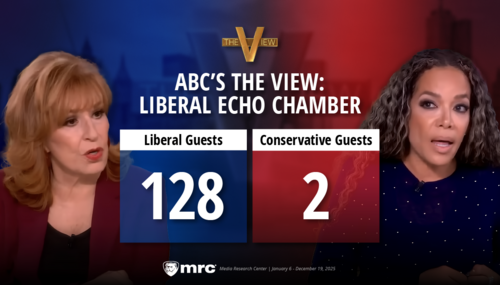 Recently, two writers for high-profile web sites have argued that ideological conservatism isn’t (and never has been) the major reason for Republican electoral success, and that those who consistently vote GOP because they believe in small government and low taxes are greatly outnumbered by those who do so because they’re racists.
Recently, two writers for high-profile web sites have argued that ideological conservatism isn’t (and never has been) the major reason for Republican electoral success, and that those who consistently vote GOP because they believe in small government and low taxes are greatly outnumbered by those who do so because they’re racists.
One article, from Vox’s Zack Beauchamp, was practically a collaboration with Avik Roy, a Forbes editor and staunch critic of Obamacare. Roy has advised three Republican presidential candidates (Romney, Perry, Rubio) but has come to believe that movement conservatives lack “the moral authority to lead the country” given that ever since Barry Goldwater’s successful bid for the 1964 presidential nomination, “conservatism [has been] much more about white identity politics than it has been about conservative political philosophy.”
Roy told Beauchamp, “I think it’s incredibly important to…build a new conservative movement that is genuinely about individual liberty.” Beauchamp is skeptical that such a movement would make much headway (bolding added):
We have literally no experience in America of a politically viable conservative movement unmoored from white supremacy.
I’ve read dozens of conservative intellectuals writing compellingly about non-racist conservative ideals…
But not one of these writers, smart as they are, has been able to explain what actual political constituency could bring about this pure conservatism in practice. The fact is that limited government conservatism is not especially appealing to nonwhite Americans, whereas liberalism and social democracy are…
Maybe Roy and company will be able to solve this problem. I hope they do. America needs a viable, intellectually serious right-of-center party.
Because we now know what the alternative looks like. It’s Donald Trump.
This past Monday, a week after the Beauchamp/Roy piece appeared, New York magazine’s Jonathan Chait asserted that key characteristics of the GOP include “denial of the persistence of racism in American life…and a refusal to jeopardize the party’s support among racists. Donald Trump has pulled the cloak away, leaving the party’s alliance with racism exposed for all to see.” To this point, Republicans typically have distanced themselves from Trump’s bigoted statements but not from Trump himself because, as Chait put it, “In a party rife with racism, anti-racism is hardly considered an acceptable basis for partisan disloyalty.”
Chait concluded, “What most Republican elites have always wanted is to lead a party that appeals to a majority of the country on the basis of abstract small-government, patriotic themes. Trump has revealed that this is a hopeless fantasy, and what they can lead instead is a party of racists. And they have decided, nearly every one of them, that they will take it.”




